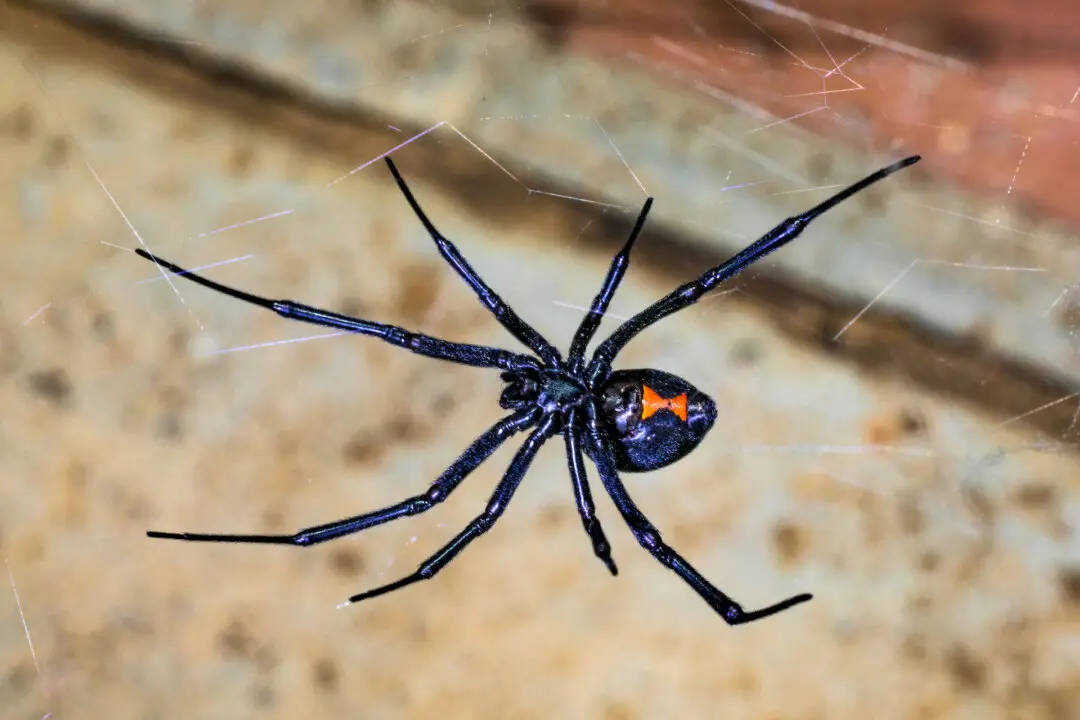Q: My dog Hugo is the cutest, most lovable French bulldog I know. When I submitted a photo of him to a calendar contest, they refused to accept it because he is a brachycephalic dog, and they consider it inhumane to promote unhealthy dogs. I hope you can explain their discriminatory position, because I am mystified.
A: Brachycephalic dogs have short (brachy-, BRAKE'-ee) heads (-cephalic) without a pronounced muzzle. French bulldogs are typical of these flat-faced breeds, along with Boston terriers, boxers, English bulldogs, Pekingese, pugs, Shih Tzus, and others.





